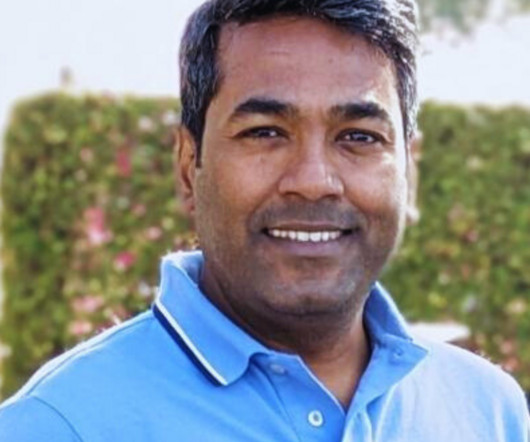Maximizing Impact, Minimizing Costs: A Strategic Approach to Coaching in Resource-Constrained Government Institutions
International Coach Academy
OCTOBER 30, 2024
Having worked in the public sector for several years, I have witnessed many common challenges that public servants encounter – challenges that coaching can directly address. These include leadership development, time and stress management, work-life balance, managing change, fostering teamwork, and improving performance and accountability.














Let's personalize your content